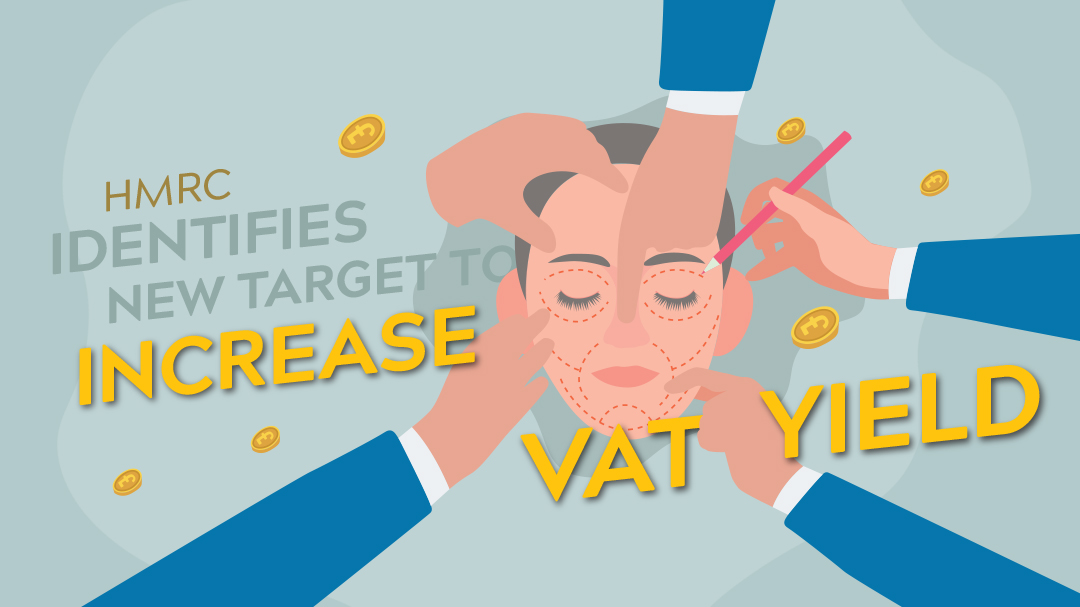HM Revenue and Customs (HMRC) has recently advised us, unlike many of our competitors, that it has now formed a specialist project team to target the rapidly growing cosmetic medical sector.
The focus of attention is whether treatments such as Botox, fillers, teeth veneers, or facial chemical peels, qualify for medical exemption from VAT.
HMRC’s position is that the treatments should be treated as standard-rated.
This view has been supported by a recent decision at the First-tier Tribunal (FtT), involving Illuminate Skin Clinics Ltd (TC/2019/05352). In that case, there was an extensive reference to two other leading cases, SkinRich and Mainpay, both of which were FtT litigation where we at Independent Tax were the lead advisors.
Illuminate had made a claim for VAT credit, which HMRC had denied.
Background
The supply of medical care, when delivered by professionals registered with their appropriate statutory body, is exempt from VAT, if the provision of the care takes place in a hospital or other state-regulated institution.
The medical care itself should be concerned with diagnosing, treating, and, in so far as possible, curing diseases or health disorders.
The decision
Dr Sophie Shotter, the Director of Illuminate, is a qualified doctor, registered with the General Medical Council.
After deciding to focus on ‘aesthetic medicine,’ she began treating clients in 2012, as a sole trader, from her own home and three beauty salons. In 2014 she established Illuminate and continued to deliver a range of facial and skin treatments, from clinic premises which were registered with the Care Quality Commission.
The Tribunal accepted Dr. Shotter as a skilled professional but concluded that the services offered were not exempt within the proper meaning and effect of the relevant VAT legislation.
The Tribunal drew attention to the following:
- Clients were making use of the Appellant’s services because they wanted to. There was no diagnosis of a health disorder, no careful investigation of symptoms or analysis of a client’s medical history, and no referrals from a doctor or other medical professional.
- As no diagnoses had been conducted at the starting point for medical care, ‘treatment’ in the sense captured by the exemption, was not being undertaken in response to a disease or other medical disorder.
Summary
This was a complex ruling which raised important issues.
Primarily this centred on the significance of detailed and contemporaneous records, which Illuminate did not have, in order to evidence the medical assessment necessary to qualify for the medically exempt VAT treatment.
The time to prepare is now, given HMRC’s new special project. Its team will focus on the pre-treatment client assessment records to test the degree to which true medical assessment can be found.
Our specialist team are experts at testing records on such an evidential basis and well placed to propose enhancements, to strengthen those records to combat cynical HMRC scrutiny.
If you have clients who may get caught out by this latest HMRC compliance activity, then please get in contact by calling us at 0800 001 6686 or by email at info@independent-tax.co.uk for a no-obligation consultation and for more information.
This is the type of work we at Independent Tax do day in day out. Strong by your side and strong in your defence.
